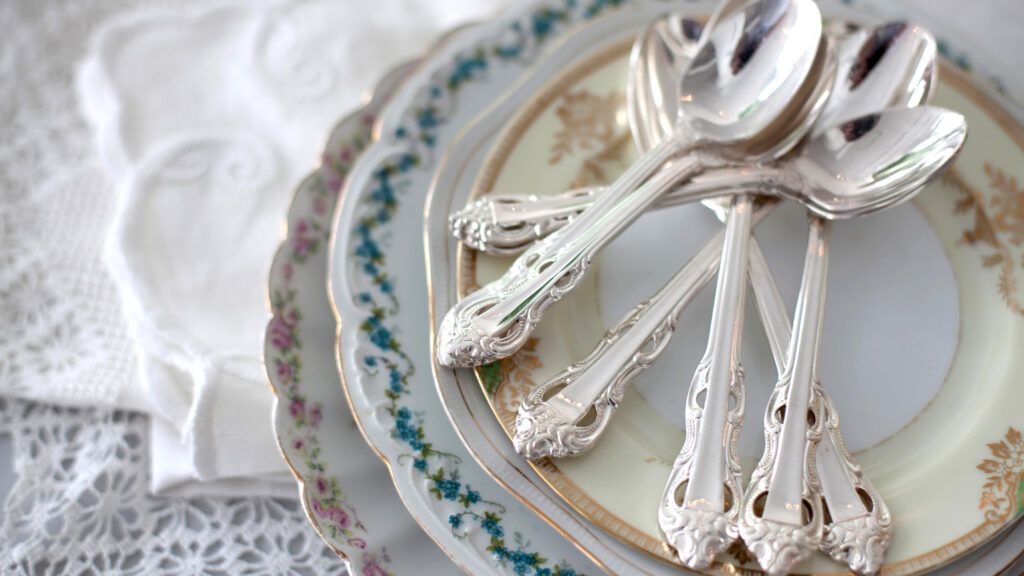Life didn’t start out easy for me, growing up in South Carolina during the peak of the Great Depression. My mother passed away when I was 12. My father couldn’t care for my brother and me and still make a living, so I was sent to live with one of my aunts while my brother was sent to live with another. Our home was sold, with nearly all of my mother’s precious belongings scattered.
I’m 92 now. I’ve built my own family with four children—three girls and a boy—and 14 grandchildren and great-grandchildren. My husband passed away a few years ago, and my children live in South Carolina, two here in Laurens. I keep up a tradition my husband and I started inviting neighbors and friends over for five o’clock coffee and conversation, and often have my girlfriends visit for lunch. I am so grateful and full of love for aunts, uncles and friends who shared their homes with me.
Even so, after 80 years, I still can’t get through a Mother’s Day without wishing my mother hadn’t been taken so soon. A visit to an antique shop will make me wistful—a mirror, a monogrammed card case, a cologne bottle, a set of china sparking memories of the short time we had together.
Recently, I visited my daughter Dee for a long weekend. One morning, as we lingered over a second cup of coffee, Dee told me that she had a gift for me. “My mother-in-law bought some china from an estate sale in Pennsylvania,” she said. “It matches my décor, but there are only four luncheon plates, four soup bowls and one bread-and-butter plate, so I wouldn’t use it. I thought you might like it since you admire antiques.”
“Oh, thanks! Let’s see the china,” I said.
Dee brought it out. White plates with pink, yellow and blue bunches of flowers in the middle and around the circumference. The gold leaf edges were worn with age. I’d only seen china with that pattern once before.
I picked up one of the plates and held it gently, running my fingers over the gold leaf. “How…how did you know?” I asked softly.
“Know what, Mom?”
“Dee,” I said, “this was my mother’s china.”






